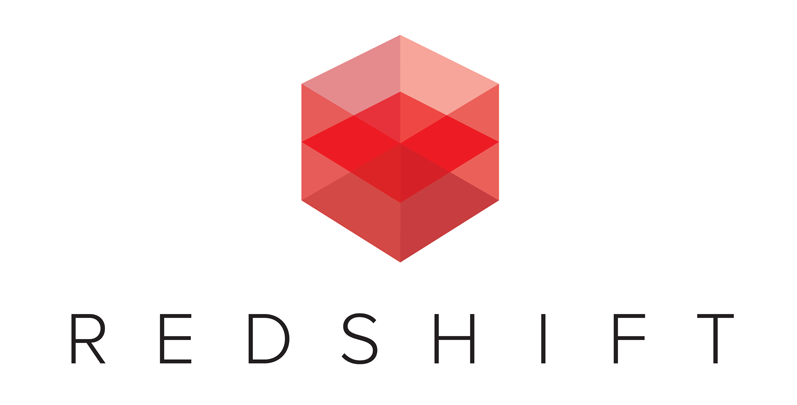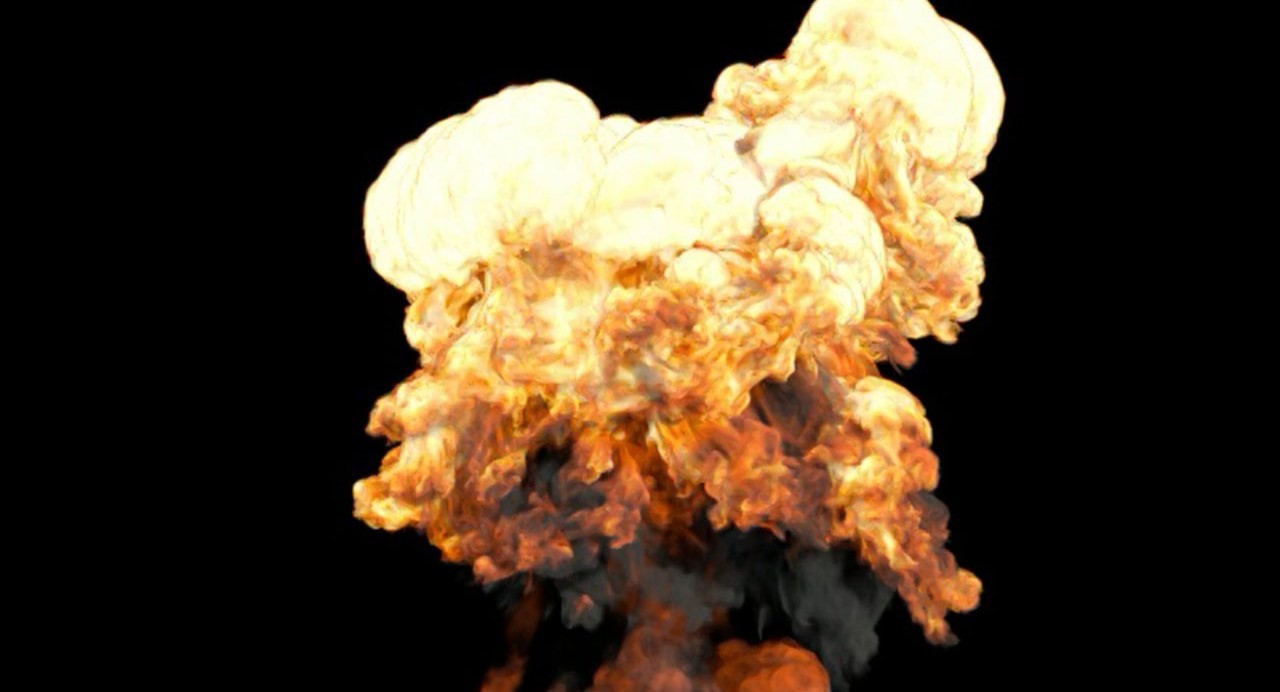After a long period of beta-testing version 2.0.44 of Redshift has finally been made available for everyone to try and play with.

If you don't know what Redshift3D is, it's a biased GPU renderer unlike many other GPU path tracers out there. To put it simply - it's like a supercharged VRay with all biased goodness like irradiance caching, photon mapping and precalculated SSS. Together with the new OpenVDB support it all makes Redshift a blast to work with.
Literally.

Here's what's new in 2.0 VS 1.3:
All V1.3 features PLUS:
- New “Redshift Material” which more closely follows the PBR paradigms (“metalness”, etc)
- New specular BRDFs (on top of the Ashikhmin-Shirley): GGX and Beckmann (Cook-Torrance)
- Nested dielectrics
- Multiple dome lights
- Baking
- Dispersion (part of the Redshift Material)
- OpenVDB Support
- Improved multiple-scattering model (part of the SSS, Skin and Redshift Material)
- Single scattering (part of the Redshift Material)
- Support for alSurface shader
- Linear specular glossiness/roughness response
- Improved photon mapping accuracy for complex materials
- Physically-correct Fresnel for rough reflections
- New SubSurfaceScattering and SubSurfaceScatteringRaw AOV types
- AOV improvements for blended materials
- NVidia Pascal GPU (GTX1070/1080) support
- Automatic memory management
- Better importance sampling of bokeh images
- Texture reference object support (Maya)
You can join the discussion on the official Redshift forums.